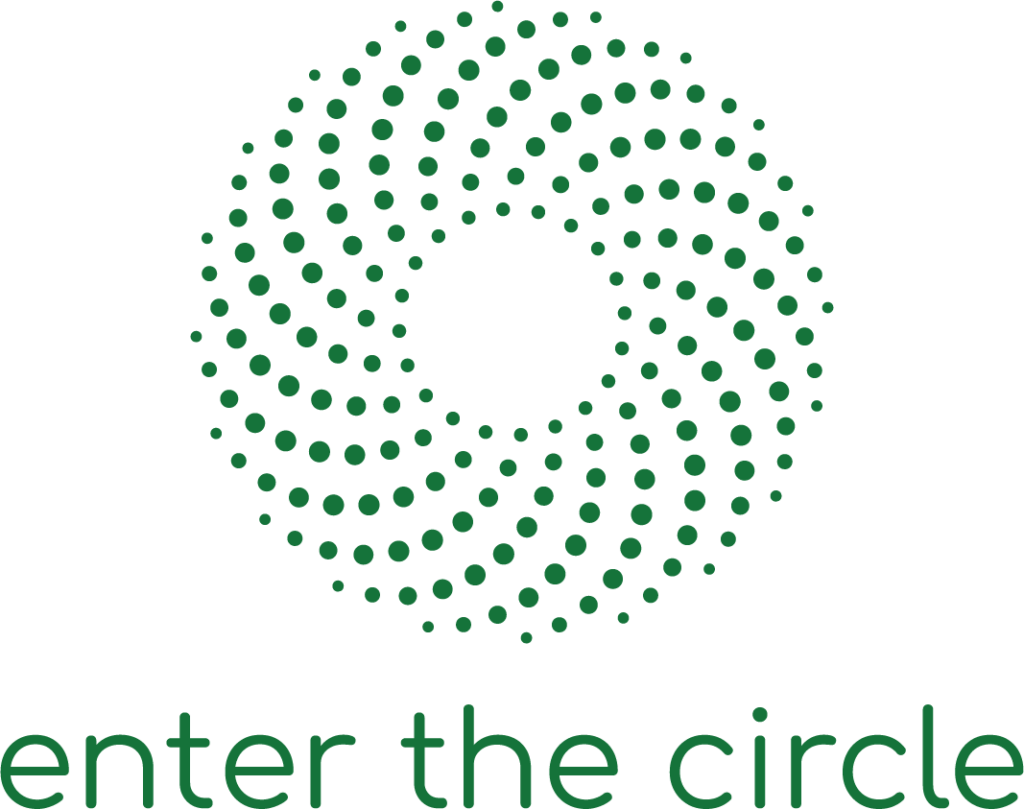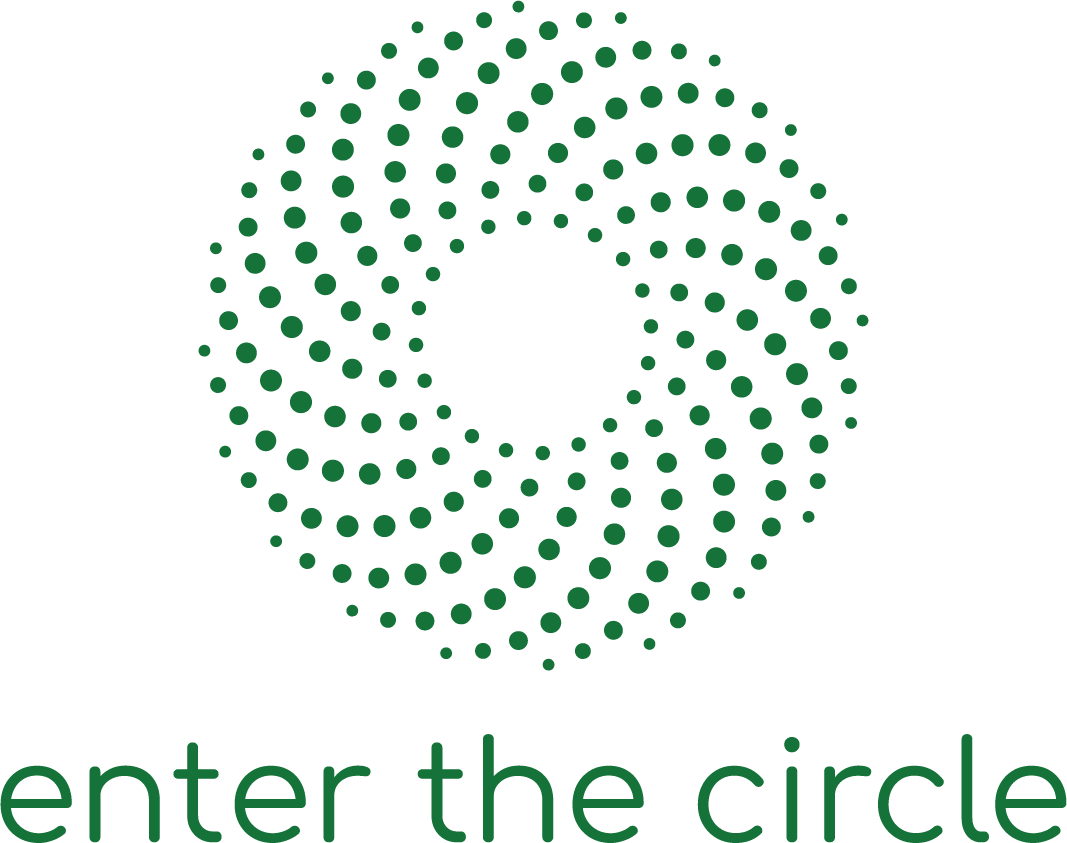In June 2024, the “Enter the Circle” initiative launched its first piloting sessions aimed at fostering an understanding of the circular economy among young entrepreneurs. Spearheaded by Learning Seed and documented in a detailed report by Natasha Koutoula, these sessions were designed to blend theoretical knowledge with practical applications, providing a comprehensive learning experience for participants.
The “Enter the Circle” project focuses on equipping young people with the skills and knowledge to implement circular economy principles in their entrepreneurial ventures. The pilot sessions were strategically structured to engage participants through a mix of in-person and online activities.

The first session was held on June 11, 2024, in Mycenae, Greece, and saw 15 young participants. The second session, conducted online on June 21, 2024, welcomed an additional 11 participants. These sessions introduced attendees to essential concepts like GreenComp, EntreComp, and the Circular Economy, and provided an overview of the Enter the Circle training platform and its modules.

The sessions were designed to ensure an interactive and comprehensive learning experience. The main activities included:
- Ice-Breaker Games: These activities were aimed at creating a positive and engaging learning environment, fostering relationships among participants.
- Detailed Presentations: The sessions featured comprehensive discussions on the principles and benefits of the circular economy, offering a solid theoretical foundation.
- Practical Workshops: Participants engaged in hands-on activities to learn how to incorporate circular economy principles into their daily lives and professional practices.
- Educational Videos: Two informative videos provided practical examples and enhanced understanding of circular economy practices.
- Interactive Platform Navigation: Participants explored the EnterTheCircle.org platform, navigating its educational modules and assessment tests.
- Participant Presentations: Attendees presented their innovative ideas for extending the lifecycle of their favorite objects, applying the theoretical knowledge they had acquired.
The pilot sessions attracted a diverse group of young individuals, aged 20 to 30, including students and aspiring entrepreneurs. Participants came from both urban and rural areas of Greece, bringing a wide range of perspectives and experiences to the discussions. This diversity enriched the learning environment, fostering dynamic and insightful interactions.

Participants provided overwhelmingly positive feedback, appreciating the interactive format of the sessions. The ice-breaking activities and practical workshops were particularly well-received for promoting engagement and collaboration. The detailed presentations and educational videos effectively clarified complex concepts, enhancing participants’ understanding of the circular economy.

The EnterTheCircle.org platform was highly valued for its educational resources, with participants expressing satisfaction with the modules and assessment tests available. Some participants suggested extending the duration of workshops and case studies for more in-depth exploration and discussion.

The piloting sessions of the “Enter the Circle” project successfully gathered valuable insights and feedback, paving the way for future sessions. These initial activities not only educated young entrepreneurs about the circular economy but also inspired them to integrate these principles into their ventures. Moving forward, the project aims to continue empowering young professionals with the tools and knowledge to drive sustainable change.
For more information and to access the educational materials, visit the Enter the Circle website.

